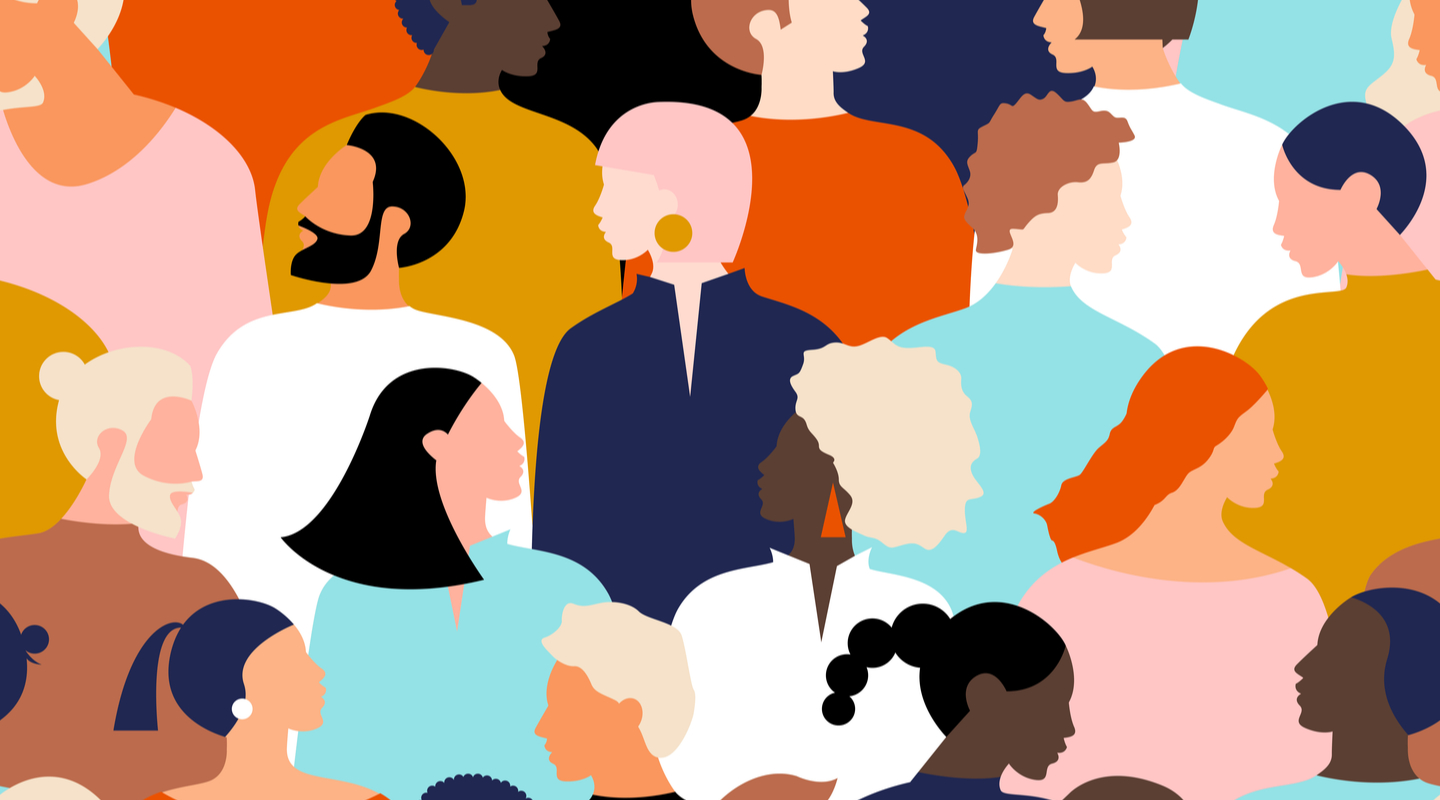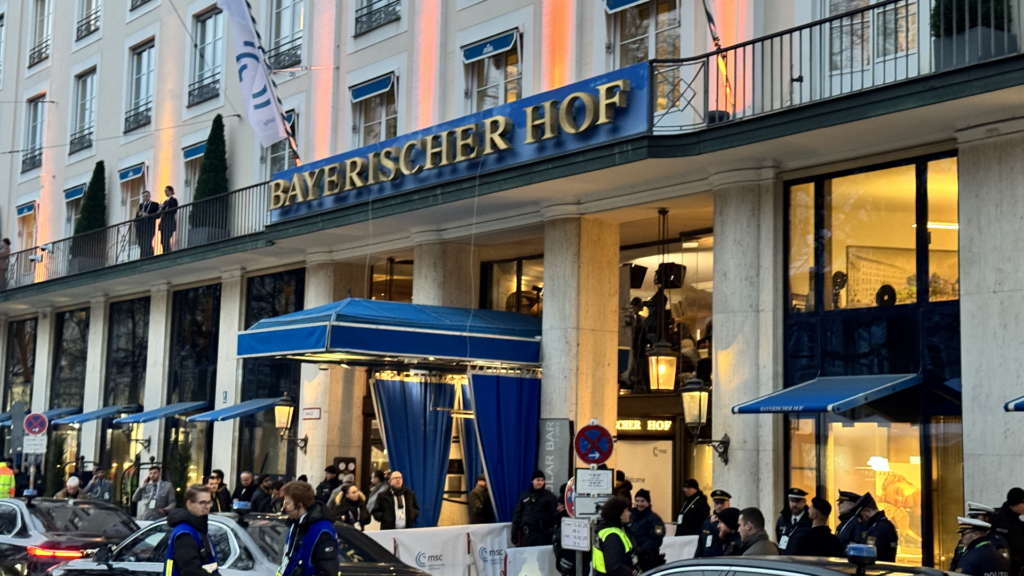Have you ever wondered what it’s like to have a seat at the table?
This year at Dataminr, our employee resource groups are on a mission to give diverse voices a platform via our new ‘A Seat With Us’ virtual event series. These panels will explore diverse narratives about social and workplace experiences, and the opportunities we all have to influence, shape, and maintain an equitable and inclusive global culture.
I had the pleasure of hosting one of our first panels, “What’s in a Name?” with Salam@Dataminr Global Lead Serena Chaudhry.
The panelists included BBC journalist Dhruti Shah, social commentator Sarah Bakare, and one of the art directors behind the #RightMyName campaign, Tshegofatso Phetlhe, who discussed their varied personal experiences with their names and explored ways to navigate having non-Western names and the associated social implications within the workplace.
A study of British employers found that levels of discrimination for job applicants from minority ethnic backgrounds have remained unchanged since the 1960s. People from minority ethnic backgrounds had to submit 80 percent more job applications than their white counterparts to receive a positive response, the study found.
This may be surprising, but for many with non-Western names, this is just life. As someone who has had to reckon with the professional implications of my own Arab name, I’m proud to be a part of Dataminr’s continued diversity, equity and inclusion initiatives that include something as simple—but incredibly meaningful and powerful—as taking the time to get our names right.
During the panel, we discussed the key role and complexities around a person’s name shaping their “office identity” and “what’s in a name.”
“It’s everything around your purpose,” Phetlhe said. “Too many times we reference our names around difficulty, the levels of difficulty it is [to pronounce]. Our names come with meaning. Our names come with weight.”
“What’s in a name is a lot more than what I think people realize. If you pay attention to the everyday name I can tell you now that a whole lot of people would be better linguists than they think they are.”
From the experiences shared on the panel, it was clear that our names play a significant role throughout our lives. For many of us, our names are a connection to our heritage and our ancestors. But what happens when we’re called by the wrong name, and feel compelled to change our names to fit in, sound more Anglicized or even land a job we’ve been eyeing?
Ultimately “it boils down to respect,” Shah said.
Bakare expanded on this topic, saying that although it’s understandable why some choose to anglicize their name, rather than face constant, hurtful mispronunciations, saying “awareness is the best way to tackle these microaggressions.”
She goes on to suggest having open dialogue, talking about the significance of your name because, “it’s wrong that we might lose a diversity of names simply based on other people’s ignorant reactions.”
Personally, one of my takeaways from the event—beyond this being an universal issue—is that when it comes down to it, as Shah said, “some things aren’t revolutionary, they’re just the right thing to do.”
A person’s name is more than just a name. It embodies culture, history, identity, and can often be linked to personal or intimate journeys.
Click the image below to watch the panel, and gain further insights on what you can do to be a better ally. Follow us on Linkedin to learn about future events.




